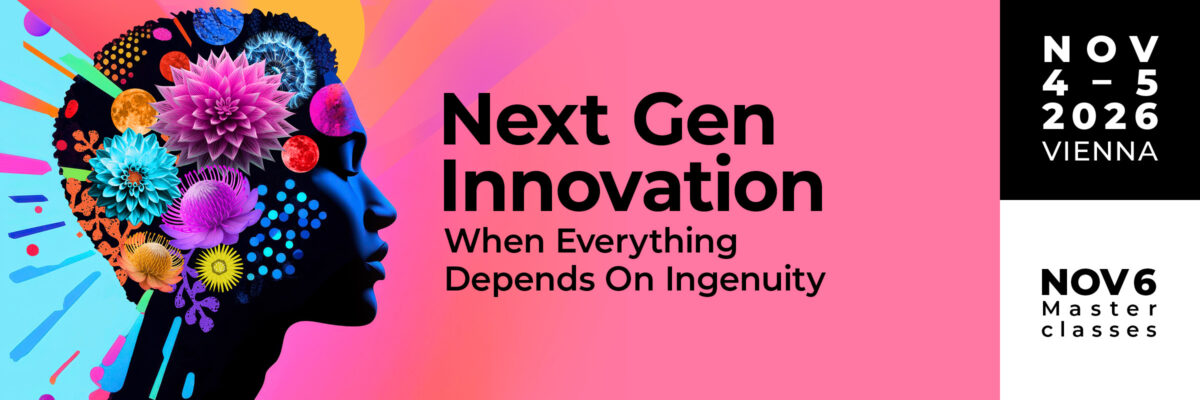
Well might the organisers of this year’s Global Peter Drucker Forum have invoked “an age of discontinuity” in the conference title. These have been a shattering few years. If you are not troubled you have not been paying attention. Indeed, “troubled” will hardly do as a descriptive term. “Exhausted” might be a more honest assessment. The more stable world we once knew, and perhaps took for granted, seems a thing of the past.
But the conference headline also offers a more optimistic thought, and goal: “creative resilience”. This could point to a reasonable route ahead, and an answer to some of our concerns. What form might this resilience take?
In the past, when business leaders have called for resilience from their people, it was not always an encouraging sign. The implication was that, not only are times tough, but only the toughest will survive, and will deserve to survive.
But the discontinuity of 2023 – sometimes referred to as a “polycrisis” – demands a more considered and sophisticated approach than mere machismo. As Lynda Gratton, professor at London Business School, told me in an interview for Drucker Forum TV, a healthier kind of resilience will involve being honest with friends and colleagues about the challenges you are facing. Creative resilience means opening up, not hunkering down and “toughing it out” on your own. Resilience today means acknowledging vulnerability, not denying it. It calls for collaborative endeavour, not lonely attempts at heroic individualism.
Even if the world remains Darwinian, we should understand that the resilience Darwin detected in the natural world was down to the survival of the most adaptable, and not the “fittest”. So creative resilience is very much the kind the great naturalist would have approved of.
Drucker, of course, emphasised the importance of being clear about your objectives. But that clarity should not imply rigidity. As a practical – liberal – art, management must mean finding creative ways of achieving objectives, especially in a world of discontinuity. “Some things change, some stay the same”, as the rock star Chrissie Hynde sings. The trick lies in recognising what has to change and what must not change. This is a task for leadership.
The biggest change looming large in all our lives – beyond geopolitical crises – is the emergence of ever-more powerful “large language models” which support generative artificial intelligence: ChatGPT and the rest. Drucker was famously sceptical about the computer, labelling it a “total moron” in a McKinsey article in 1967.
In fact, Drucker was well aware of the potential of these powerful processing machines, as long as managers understood how to use them. “Though it can’t make decisions,” he wrote, “the computer will – if we use it intelligently – increase the availability of information…That’s why it’s so important to exploit the computer’s ability to give us only the information we want – nothing else.” Drucker anticipated the danger of “hallucinations” – useless and misleading data, generated by “brilliant” AI at the speed of light.
Working wisely and imaginatively with the new technology, to allow our fellow human beings to work more effectively, may be the top agenda item for managers today. If we want to re-establish a semblance of order in an age of discontinuity, a happy marriage of human and machine will have to be arranged, and managed. At the end of this year’s Drucker Forum perhaps delegates will leave with a few new ideas about how they might achieve this.
About the Author:
Stefan Stern is the author (with Prof Cary Cooper) of “Myths of Management: what people get wrong about being the boss” , and also of “How To Be A Better Leader”. He is Visiting Professor at Bayes Business School, City, University of London, and a former Financial Times columnist

